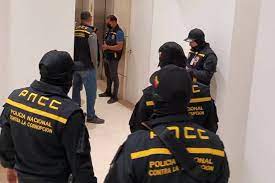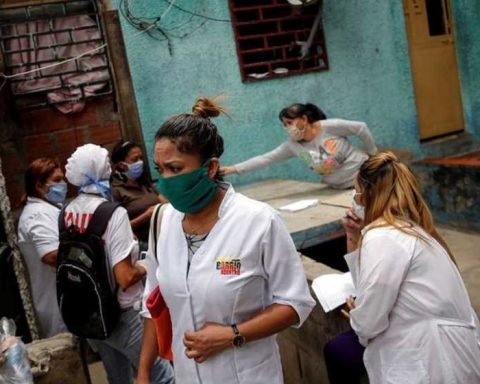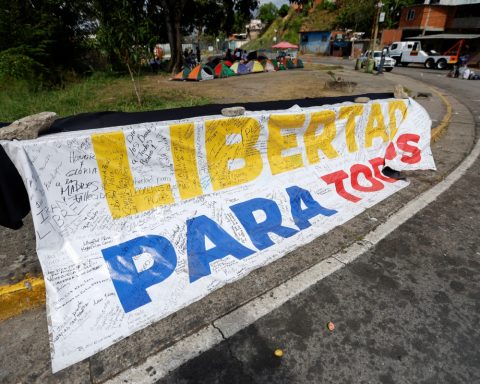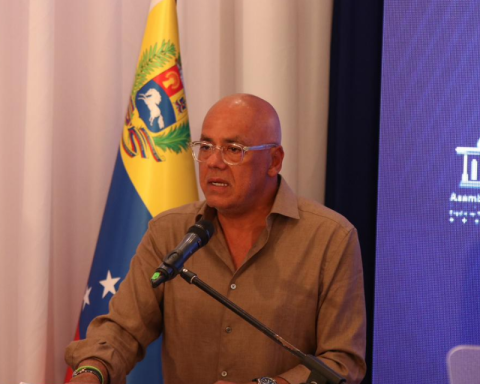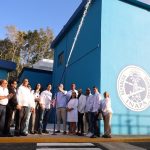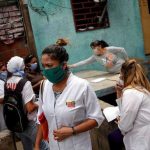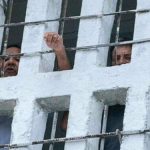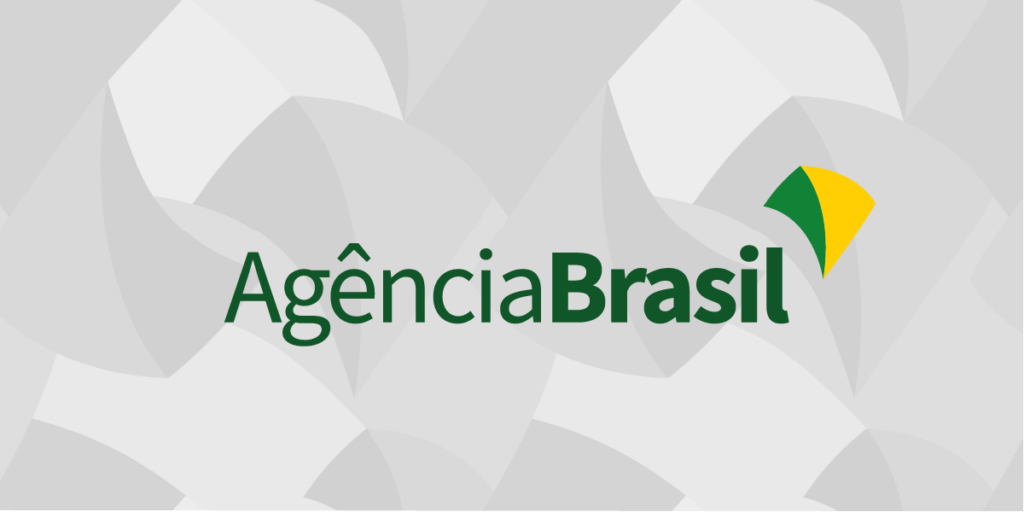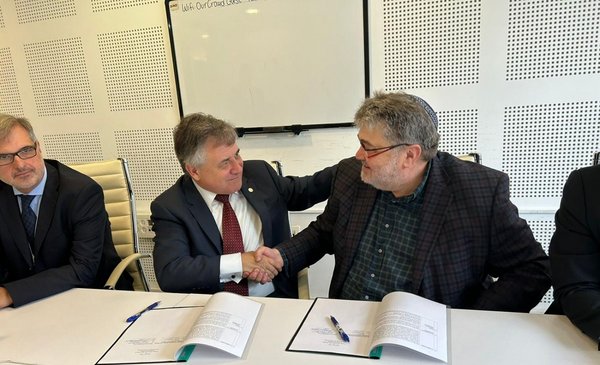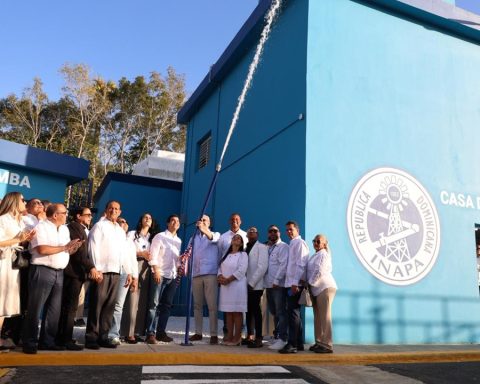Corruption is a scourge that results in negative social, economic and political aspects. It is a kind of worm that is eating away at and undermining democracy, resulting in a violation of human rights, because when resources are taken from the treasury, schools, roads and hospitals are not built. Corruption is a plague.
Fortunately, in Venezuela there seems to be the political will to combat the scourge of corruption. In recent days, a State security actor called the National Body against Corruption has gained notoriety and importance with respect to its recent actions in the fight against corruption. .
Swift and fast.
After the most recent corruption plot in PDVSA came to the fore, specifically on the 20th of this month, which led to the resignation of Oil Minister Tareck El Aissami, some of the actions of the Anti-Corruption Police became known, entity that requested last Friday, March 17, the Public Ministry to prosecute an undetermined number of people who “exercised functions” in public power and who “could be involved in serious acts of administrative corruption and embezzlement”, according to a statement from that body.
Such actions led to the identification and arrest of 19 involved, as indicated days ago by the president of the National Assembly Jorge Rodríguez, who demanded exemplary and draconian punishment for the corrupt.
Among the detainees are the mayor of the Santos Michelena Municipality, Aragua state, Pedro Hernández, the deputy to the National Assembly, Hugbel Roa, the Control Room judge with jurisdiction over crimes associated with terrorism, José Mascimino Marquez, the president of the Judicial Circuit Criminal of Caracas, Cristóbal Cornieles Perret, and the National Superintendent of Cryptocurrencies, Joselit Ramírez, among others, as first results of the actions of the Police Against Corruption.
Your foundation.
Probably many people were unaware of the existence of the National Body against Corruption, however, it was created in November 2014 from the reform of the Anti-Corruption Law, as part of the powers assumed by the President of the Republic, Nicolás Maduro, after the legislature, through the Enabling Law, authorized him to issue decrees with the force of law.
This is how he issued the decree with rank, value and force of law on the creation of the aforementioned body of investigations, published in the Official Gazette, number 6,156, on November 19 of the aforementioned year.
The decree establishes the organization, operation and powers of the National Corps against Corruption. In its article 1, the establishment of this organization is justified by stating that it constitutes a “State response in matters of Comprehensive Defense, in the face of the threat of the phenomenon of corruption and its effects on the Security of the Nation, based on the norms , principles and values established in the Constitution”.
It was created as part of a security program called the Protection System for Peace, contemplated in the reform of the Organic Law of Security of the Nation, and which makes it possible to identify possible threats against the stability of the country, through the activation of a Integrated Information Center.
Its structure
Article 6 of the aforementioned decree establishes that the National Anti-Corruption Corps is made up of the National Anti-Corruption Superintendence, the National Anti-Corruption Intendency and the National Anti-Corruption Police. It is noteworthy that the identity and location of these officials is totally secret for the good development of the operations, and the deployment of the same in their functions, while the President of the Republic can declare the secret nature of the investigations.
Likewise, the aforementioned body of investigations carries out its actions in coordination and cooperation with other State institutions, such as the Public Ministry, the National Office against Organized Crime, as well as with all other bodies involved and responsible for comprehensive defense. of the nation, among others.
In this sense, inter-institutional coordination is proposed, so that the phenomenon of corruption is addressed as a matter of State and national security under a wide spectrum of threats of an integral nature.
“All the organs and entities involved in the defense of the nation are obliged to provide the data and information requested by the National Anti-Corruption Corps, during the investigation processes in the fulfillment of their functions,” reads the text.
And during the investigation processes, the control bodies and entities, as well as the obligated subjects must adopt, contribute and implement the measures and guidelines emanating from the National Body Against Corruption.
of its powers. Regarding its powers, according to article 7 of the decree, the National Anti-Corruption Corps “determines, persecutes, neutralizes, and reveals the links between organized crime in all instances of Public Power, popular power, and the private sector,” likewise, coordinates international cooperation activities for the investigation and seizure of assets abroad of natural and legal persons that may be involved in derived and related crimes associated with corruption.
In the same way, it develops financial intelligence activities in order to determine possible irregularities that could threaten the stability of the country, and consequently establish the responsibilities that may arise.
In the text of the same article, it is also established that the National Anti-Corruption Corps “is the main body for the execution of operations to investigate, combat, sanction, punish, neutralize and prosecute derived and related crimes associated” with corruption, among other prerogatives
Finally, the identification, location and deployment of the members of the National Corps Against Corruption, According to the law, “it will be classified as secret and may not be disclosed under any circumstances.”
Other attributions
- It centralizes and processes the corruption complaints emanating from the Popular Protection System for Peace, contemplated in the Organic Law of Security to the Nation.
- It develops asset investigation activities in the public sector, as well as individuals and legal entities that may be involved in crimes associated with the phenomenon of corruption.
- Carry out operations necessary to execute preventive measures to secure the assets of natural and legal persons who may be involved in derived and related crimes associated with corruption, when their criminal responsibility is determined.
